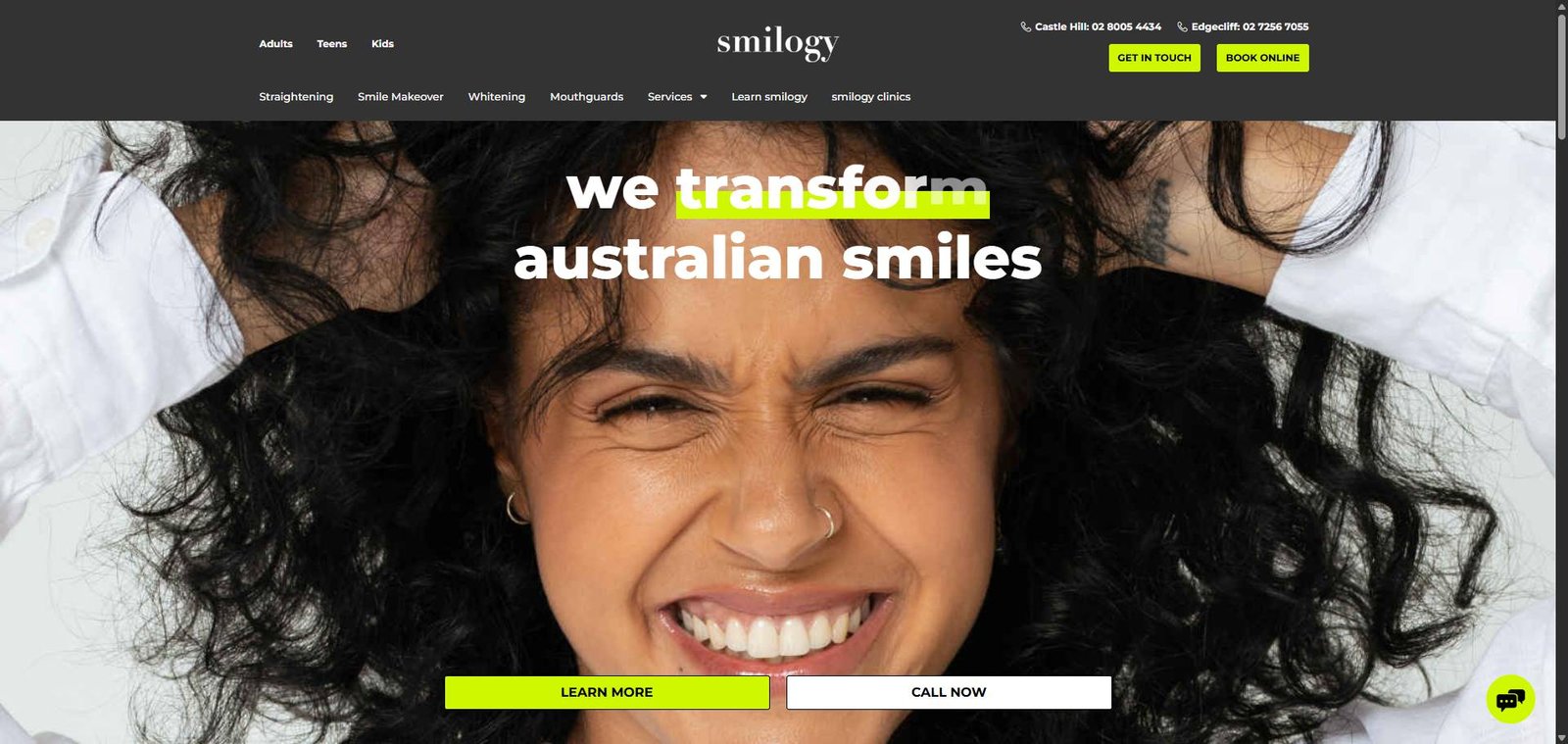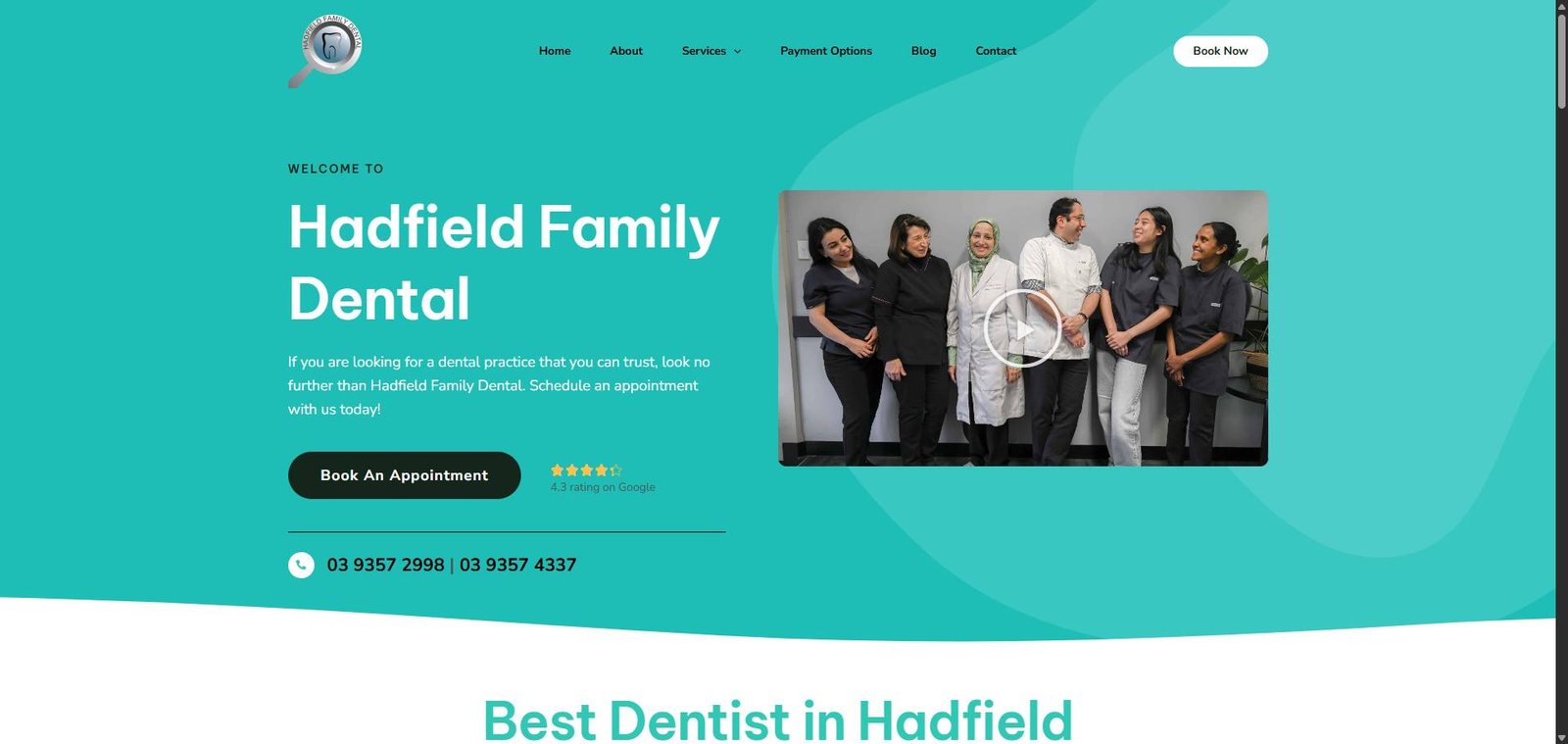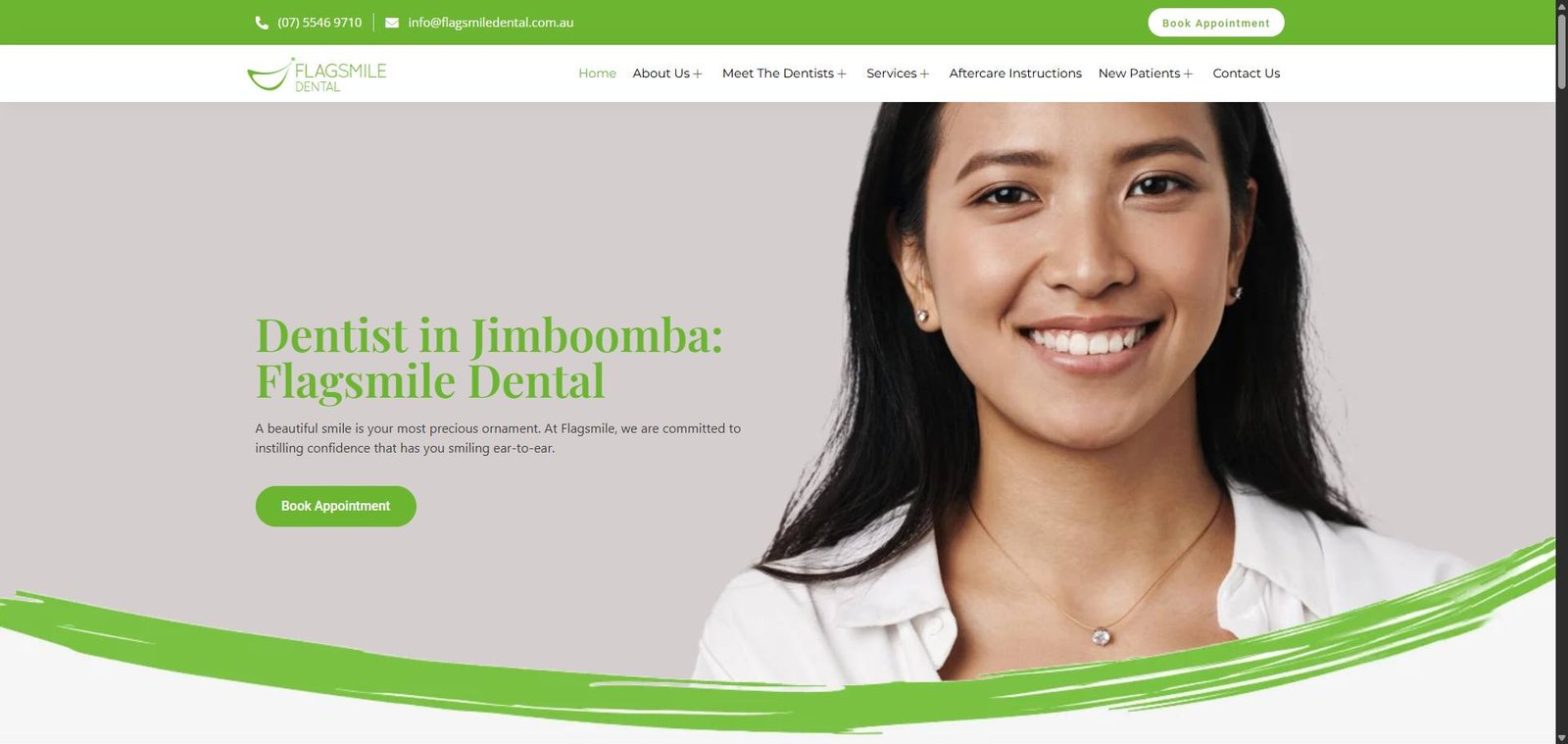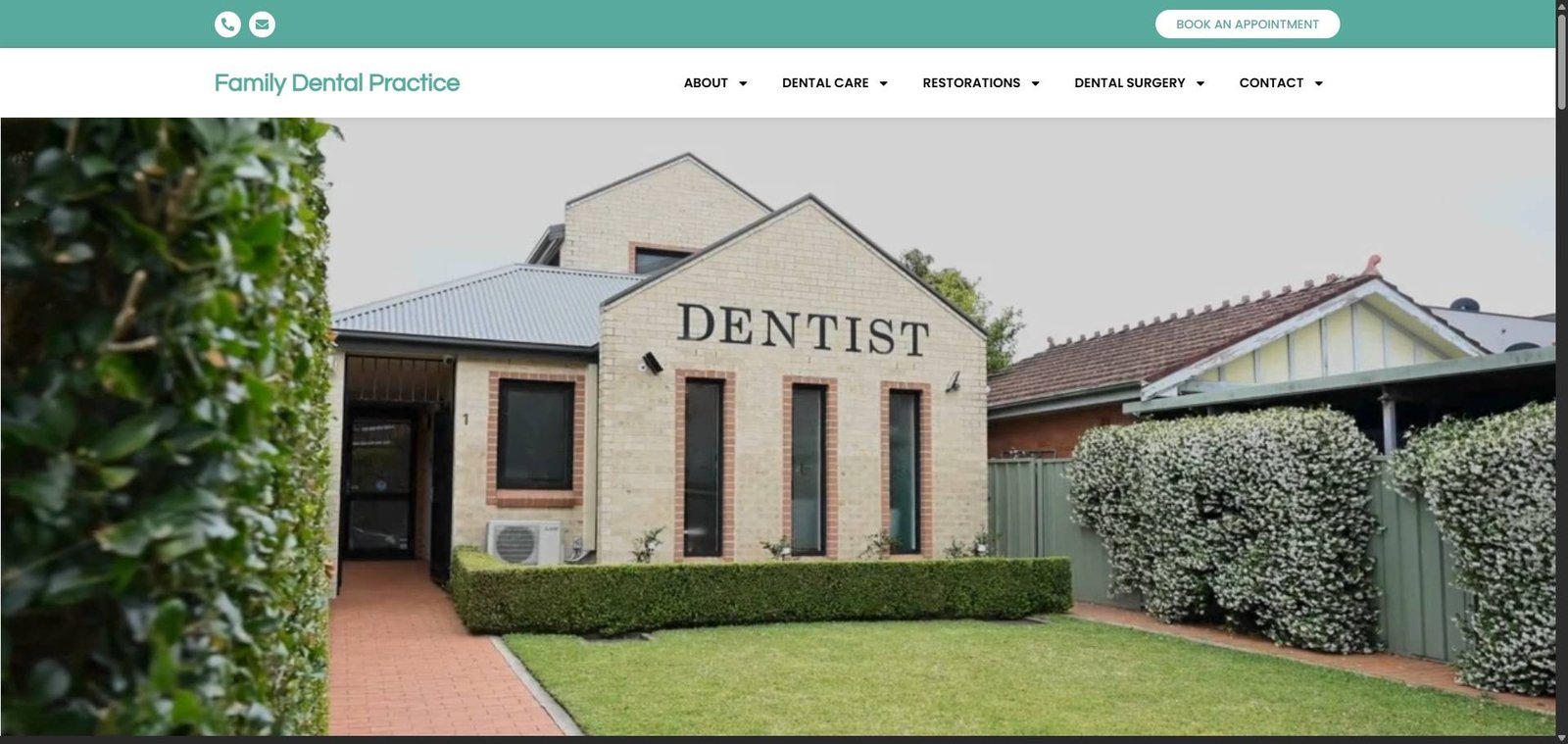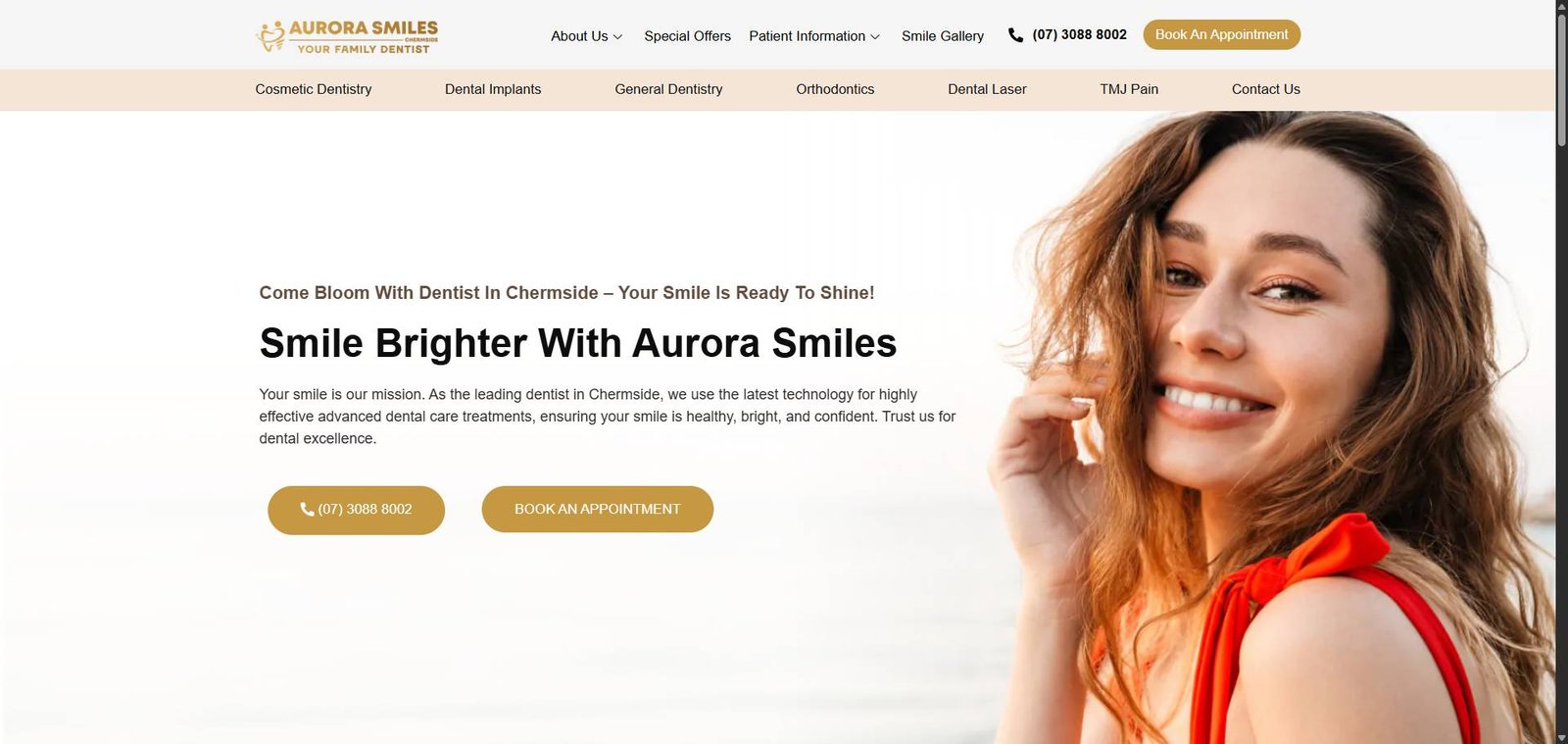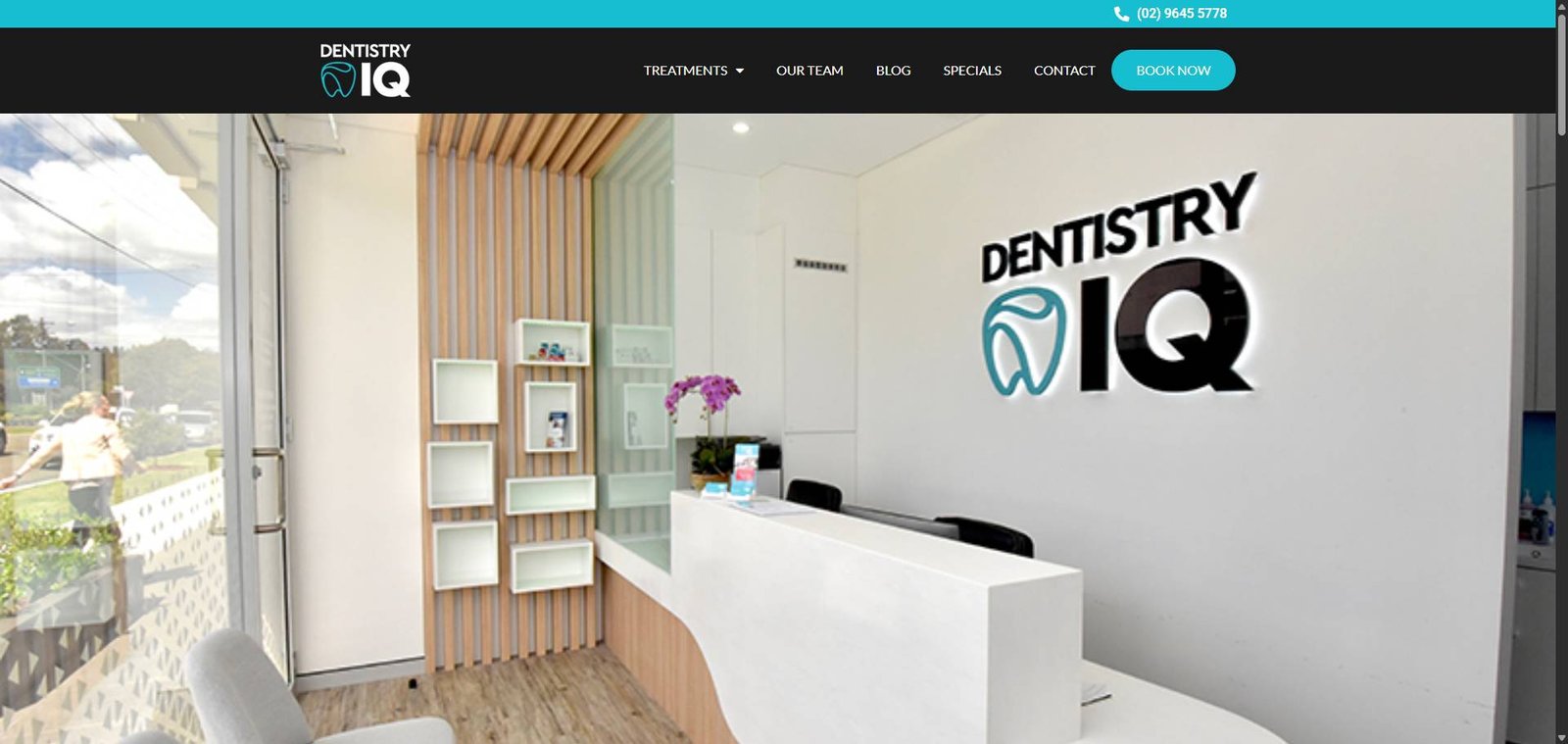Cosmetic medicine advertising on Facebook and Instagram requires navigating some of the strictest advertising policies on any platform. Meta’s guidelines around body image, health claims, and before-and-after content can make promoting aesthetic procedures feel like walking through a minefield. One policy violation can shut down your advertising account and waste months of campaign optimization.
However, cosmetic medicine practices can successfully advertise on Meta platforms when they understand the rules and create compliant campaigns that still attract qualified patients. The key is focusing on education, professional expertise, and patient experience rather than dramatic transformations or appearance-focused messaging that violates platform policies.
Understanding Meta’s Cosmetic Advertising Restrictions
Meta’s advertising policies specifically target content that could contribute to body image issues or unrealistic beauty standards. These restrictions directly impact how cosmetic medicine providers can promote their services.
Before-and-after restrictions limit how you can show treatment results. Images showing dramatic physical changes, weight loss, or body transformations often get rejected, even for legitimate medical procedures.
Body image sensitivity means ads cannot focus on perceived flaws or negative body image. Language like “fix your imperfections” or “eliminate unwanted fat” typically violates policies.
Health claim limitations restrict what you can promise about treatment outcomes. Claims about anti-aging, wellness benefits, or guaranteed results often trigger policy violations.
Targeting restrictions prevent you from targeting based on appearance-related interests or insecurities. You cannot target people interested in “weight loss” or “anti-aging” directly.
Age and demographic policies require careful consideration when targeting audiences for different cosmetic procedures, particularly treatments popular among younger users.
Compliant Content Strategies That Still Convert
Creating effective cosmetic medicine ads within Meta’s policy framework requires focusing on education, expertise, and patient experience rather than appearance transformation.
Educational approaches work well because they provide value while showcasing expertise. Content about treatment processes, recovery timelines, and realistic expectations demonstrates knowledge while staying compliant.
Professional expertise highlighting through credentials, experience, and specialized training builds trust without focusing on appearance outcomes that might violate policies.
Patient experience focus emphasizes comfort, safety, and care quality rather than dramatic physical changes. Testimonials about feeling confident or comfortable can be more compliant than appearance-focused feedback.
Process and technology content shows your modern equipment, sterile procedures, and professional approach without emphasizing appearance transformation.
Safety and comfort messaging appeals to patient concerns about cosmetic procedures while demonstrating your commitment to quality care and positive experiences.
Alternative Targeting Strategies for Cosmetic Procedures
Since direct appearance-based targeting often violates policies, cosmetic medicine providers must use creative audience targeting approaches.
Professional and lifestyle targeting can reach appropriate audiences without appearance focus. Target professionals interested in confident presentation, people planning special events, or those interested in self-care and wellness.
Age and location targeting provides basic demographic control while avoiding appearance-related interest targeting that might trigger policy violations.
Behavior-based targeting around luxury services, health and wellness, or professional services can reach audiences likely to be interested in cosmetic procedures.
Custom audience development from your existing patient database allows retargeting to people who have already shown interest in cosmetic treatments.
Lookalike audience creation from successful patients can help you find similar potential patients without using prohibited targeting parameters.
Creative Approaches for Compliant Visual Content
Visual content for cosmetic medicine requires careful balance between showing expertise and avoiding policy violations around body image and appearance transformation.
Behind-the-scenes content showing your professional environment, technology, and treatment processes builds trust without focusing on appearance outcomes.
Educational graphics about treatment processes, recovery timelines, or procedure explanations provide value while demonstrating expertise.
Team and facility photos emphasize professionalism and comfort without appearance-focused messaging that might violate policies.
Technology and equipment showcases highlight your investment in modern, safe treatment options without dramatic result promises.
Patient testimonial graphics focusing on experience quality and comfort rather than appearance changes can build trust while maintaining compliance.
Writing Ad Copy That Converts Without Violating Policies
Cosmetic medicine ad copy must attract interested patients while carefully avoiding language that triggers Meta’s content restrictions.
Professional language emphasizing medical expertise and safety works better than appearance-focused marketing language. “Board-certified dermatologist specializing in advanced skin treatments” builds more trust than “eliminate wrinkles instantly.”
Experience and comfort focus in ad copy attracts patients while staying compliant. “Comfortable, professional environment for cosmetic consultations” emphasizes patient experience over appearance outcomes.
Educational angles work well for ad copy because they provide value while showcasing expertise. “Learn about modern anti-aging treatments from experienced professionals” attracts interest without policy violations.
Consultation-focused calls-to-action emphasize professional assessment and personalized treatment planning rather than immediate procedure booking or dramatic result promises.
Questions and curiosity-driven copy can attract interest without making claims about outcomes. “Curious about non-surgical facial rejuvenation options?” encourages engagement without policy-triggering promises.
Landing Page Strategies for Compliant Conversions
Your landing pages must maintain the compliant messaging from your ads while providing enough information to convert visitors into consultation bookings.
Educational content focus on landing pages should explain procedures, recovery processes, and realistic expectations rather than dramatic transformation promises.
Professional credibility through detailed provider bios, credentials, and experience helps build trust without appearance-focused marketing that might violate advertising policies.
Safety and comfort emphasis addresses patient concerns about cosmetic procedures while demonstrating your commitment to quality care and positive experiences.
Consultation process explanation helps potential patients understand what to expect during their visit, reducing anxiety while encouraging bookings.
Multiple contact options accommodate different patient communication preferences while making it easy to schedule consultations without pressure.
Managing Reviews and Social Proof Compliantly
Patient reviews and testimonials for cosmetic medicine require careful management to maintain policy compliance while building trust and credibility.
Experience-focused reviews that emphasize comfort, professionalism, and care quality typically comply with policies better than appearance transformation testimonials.
Professional response strategies to reviews should maintain compliance while addressing patient concerns and demonstrating your commitment to quality care.
Photo policies for patient-generated content must be carefully managed. Even patient-submitted photos can trigger policy violations if they show dramatic appearance changes.
Testimonial collection should guide patients toward compliant feedback that emphasizes their experience rather than appearance outcomes.
Review platform diversification reduces dependence on any single platform while building comprehensive social proof across multiple channels.
Budget and Campaign Management for Cosmetic Services
Cosmetic medicine advertising often requires higher budgets and longer optimization periods than other healthcare advertising due to longer decision cycles and competition.
Campaign structure should separate different procedure types and patient demographics to allow for specialized messaging and budget control.
Bidding strategies for cosmetic procedures must account for higher patient lifetime values while managing increased competition from other providers.
Seasonal adjustments should reflect when people are most interested in cosmetic procedures. Holiday seasons, summer preparation, and special event timing can affect campaign performance.
Geographic targeting may need adjustment based on how far patients travel for cosmetic procedures versus routine healthcare services.
Budget allocation between different procedure types should reflect both revenue potential and compliance difficulty for different types of cosmetic advertising.
Alternative Marketing Channels for Cosmetic Medicine
Given Meta’s strict policies, cosmetic medicine providers should diversify their marketing efforts across multiple platforms and approaches.
Google Ads often provides more flexibility for cosmetic medicine advertising, though they have their own policies requiring healthcare certification.
Email marketing to existing patients and consultation leads allows more detailed communication about procedures and outcomes without platform policy concerns.
Content marketing through blogs and educational resources builds authority while avoiding platform advertising restrictions entirely.
Professional networking and referral development can provide steady patient sources without advertising policy concerns.
Direct mail and traditional marketing may be appropriate for high-value cosmetic procedures where digital advertising restrictions limit effectiveness.
Staying Current with Policy Changes
Meta’s advertising policies evolve regularly, and cosmetic medicine restrictions can change without notice. Staying compliant requires ongoing attention to policy updates.
Regular policy reviews should be scheduled to check for changes that might affect your advertising campaigns or account status.
Industry networking with other cosmetic medicine providers can provide insights into policy enforcement patterns and successful compliance strategies.
Professional consultation with advertising specialists familiar with healthcare marketing can help you navigate complex policy situations and appeal rejected ads effectively.
Account backup strategies protect your advertising capabilities if policy violations result in account restrictions or closures.
Documentation practices for all advertising claims and patient consent help you respond to policy inquiries and maintain compliant advertising practices.
Meta advertising for cosmetic medicine requires careful balance between effective patient attraction and strict policy compliance. Success comes from focusing on professional expertise, patient education, and treatment experience rather than appearance transformation promises that trigger policy violations.
Conclusion
Successful cosmetic medicine advertising on Meta requires understanding platform policies while creating compelling patient attraction strategies. Focus on education and expertise rather than transformation promises to maintain compliance while growing your aesthetic practice.
At Pracxcel, we navigate Meta’s complex advertising policies for cosmetic medicine providers daily. Need help creating compliant campaigns that actually convert? Get in touch to develop advertising strategies that attract quality patients without policy violations.


